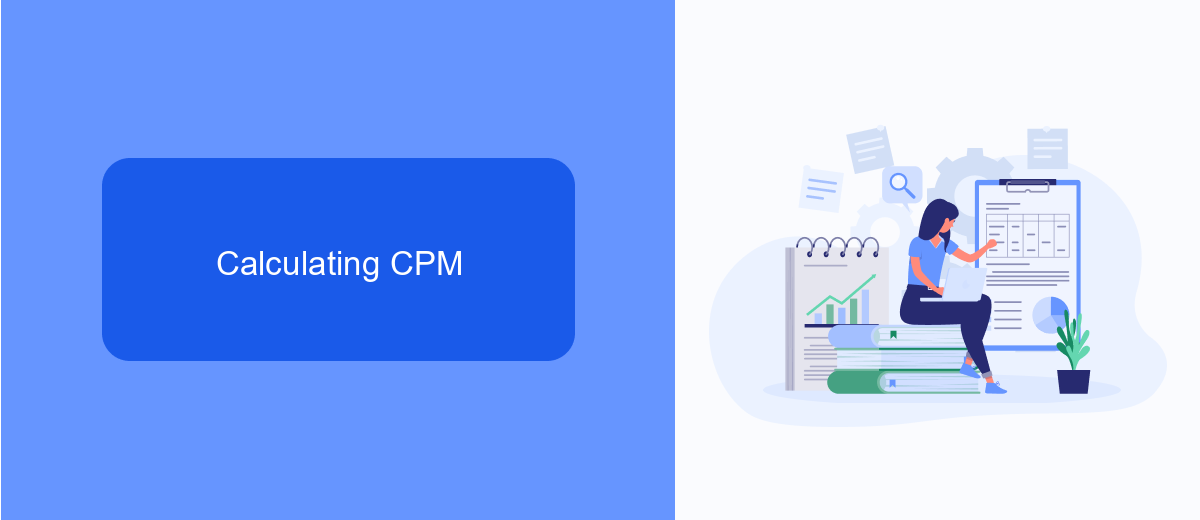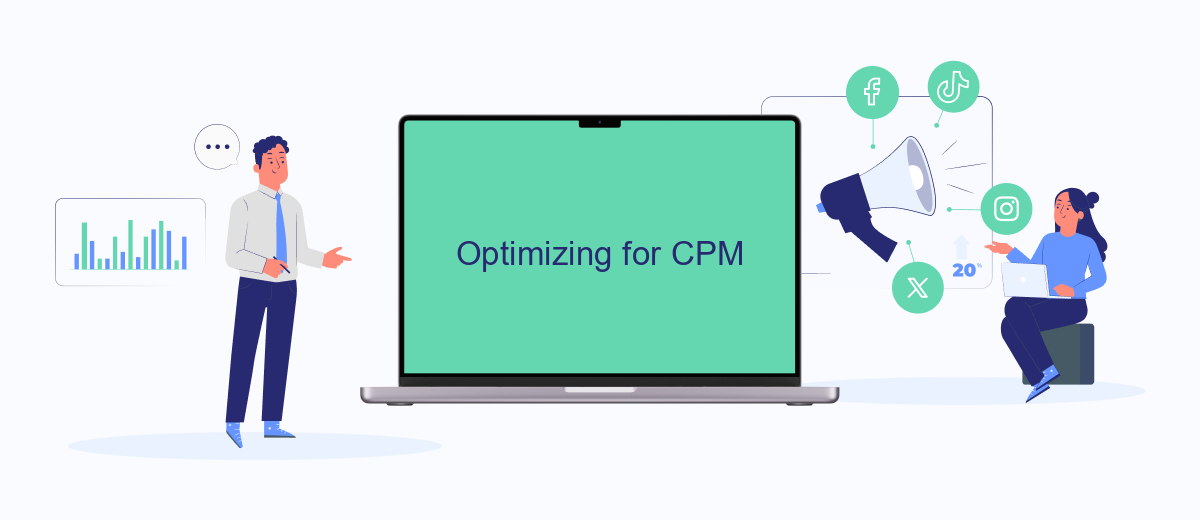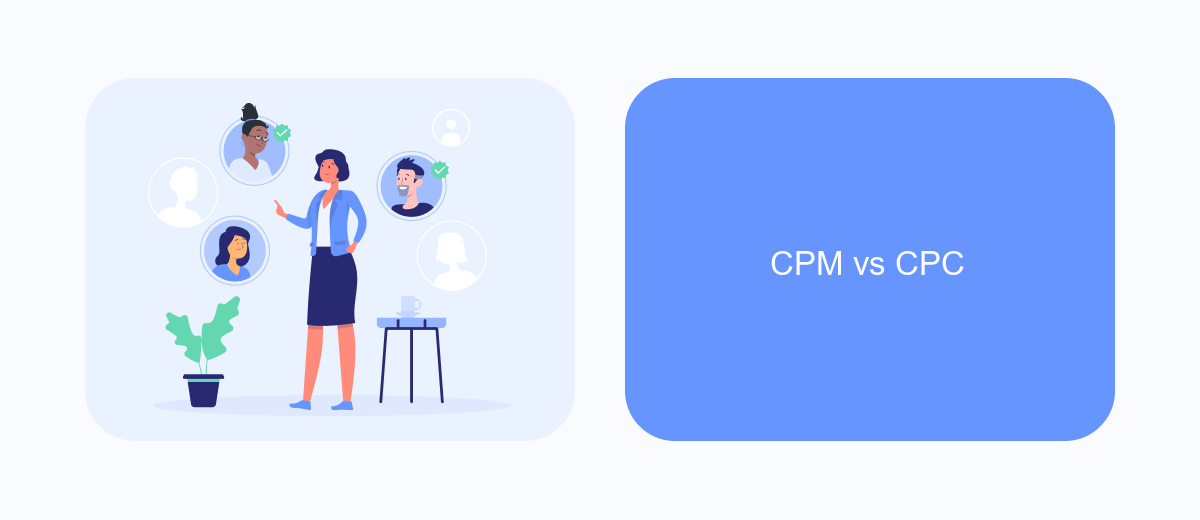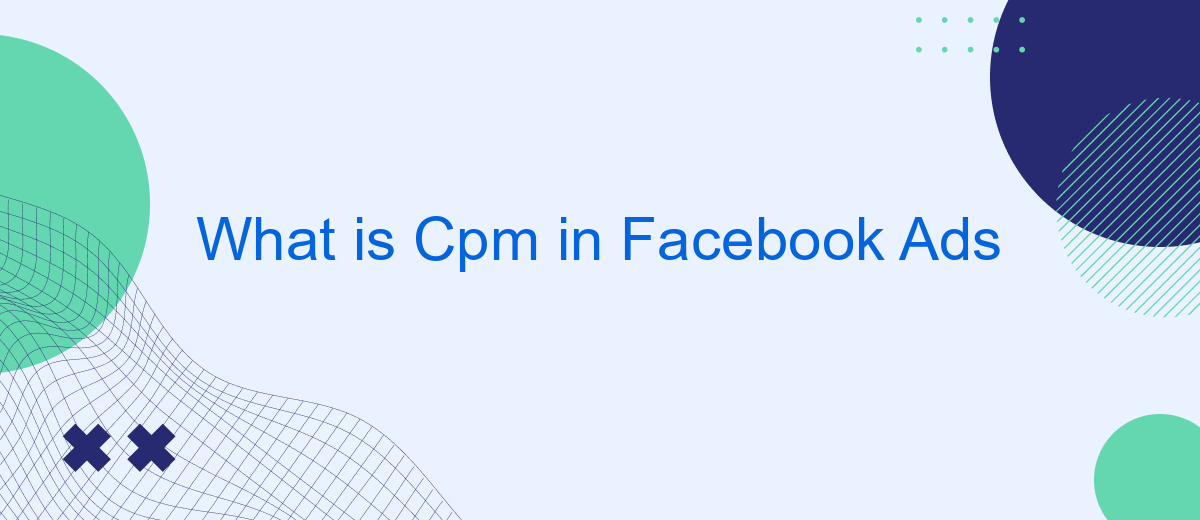CPM, or Cost Per Mille, is a crucial metric in Facebook Ads that measures the cost an advertiser pays for one thousand impressions of their ad. Understanding CPM is essential for optimizing ad spend and maximizing reach. This article delves into what CPM is, how it works, and strategies to effectively manage and reduce CPM in your Facebook advertising campaigns.
CPM in Facebook Ads
CPM (Cost Per Mille) in Facebook Ads is a critical metric that measures the cost of 1,000 ad impressions. It helps advertisers understand how much they are paying to reach a thousand users on the platform. By analyzing CPM, businesses can gauge the efficiency and effectiveness of their advertising campaigns.
- Impressions: The number of times your ad is displayed.
- Cost: The total amount spent on your ad campaign.
- Target Audience: The specific group of users you aim to reach.
- Ad Relevance: How relevant your ad is to the target audience.
- Bid Strategy: The approach you use to bid for ad placements.
Optimizing CPM in Facebook Ads often involves fine-tuning these components. Tools like SaveMyLeads can be invaluable in this process, as they automate the integration of leads from Facebook Ads into your CRM or email marketing system, ensuring that you can focus on refining your ad strategy rather than manual data entry. By leveraging such services, you can achieve better ad performance and lower your CPM.
Calculating CPM

To calculate CPM (Cost Per Thousand Impressions) for your Facebook Ads, you need to understand the formula and the data required. CPM is calculated by dividing the total cost of your ad campaign by the number of impressions (in thousands) it received. The formula looks like this: CPM = (Total Ad Spend / Impressions) * 1000. For example, if you spent 0 on a campaign that garnered 100,000 impressions, your CPM would be (0 / 100) * 1000, resulting in a CPM of .
Integrating tools like SaveMyLeads can simplify the process of tracking and calculating CPM by automating data collection and reporting. SaveMyLeads helps you connect your Facebook Ads account with various CRM systems and analytics tools, ensuring that all necessary data is accurately captured and easily accessible. This integration allows you to focus on optimizing your ad campaigns rather than manually calculating metrics, making your advertising efforts more efficient and effective.
Optimizing for CPM

Optimizing for CPM (Cost Per Mille) in Facebook Ads is crucial for maximizing your ad budget and reaching a larger audience efficiently. To achieve the best results, consider the following strategies:
- Target the right audience: Use Facebook's detailed targeting options to reach users who are most likely to engage with your ads.
- Create high-quality content: Ensure your ads are visually appealing and provide value to your audience.
- Utilize A/B testing: Experiment with different ad creatives, headlines, and call-to-actions to determine what resonates best with your audience.
- Monitor and adjust: Regularly review your ad performance metrics and make necessary adjustments to improve your CPM.
- Leverage automation tools: Services like SaveMyLeads can help streamline your ad management process and optimize your campaigns for better results.
By implementing these strategies, you can effectively lower your CPM and increase the overall performance of your Facebook Ads. Continuous monitoring and optimization are key to maintaining a successful advertising campaign. Additionally, integrating tools like SaveMyLeads can further enhance your ability to manage and optimize your ad campaigns efficiently.
CPM vs CPC

When it comes to Facebook Ads, understanding the difference between CPM (Cost Per Mille) and CPC (Cost Per Click) is crucial for optimizing your campaigns. CPM charges advertisers for every 1,000 impressions their ad receives, while CPC charges advertisers each time someone clicks on their ad. Both have their unique advantages and are suitable for different marketing goals.
CPM is generally more cost-effective for brand awareness campaigns where the primary goal is to get your ad seen by as many people as possible. On the other hand, CPC is ideal for direct response campaigns where the objective is to drive traffic to your website or landing page.
- CPM: Best for increasing brand visibility and awareness.
- CPC: Ideal for driving traffic and generating leads.
- CPM: Charges per 1,000 impressions.
- CPC: Charges per individual click.
To make the most out of your Facebook Ads, it’s important to choose the right pricing model based on your campaign goals. Additionally, using integration services like SaveMyLeads can help you automate and streamline your ad campaigns, ensuring you get the best ROI from your advertising efforts.
CPM Reporting
CPM reporting in Facebook Ads provides marketers with essential insights into the cost-effectiveness of their advertising campaigns. By analyzing CPM (Cost per Thousand Impressions), advertisers can gauge how much they are spending to reach a thousand potential customers. This metric is crucial for optimizing ad budgets and ensuring that campaigns are financially sustainable. Facebook Ads Manager offers detailed CPM reports, allowing users to track performance over time and make data-driven decisions to enhance their advertising strategies.
For businesses looking to streamline their CPM reporting and integrate it with other marketing tools, services like SaveMyLeads can be invaluable. SaveMyLeads enables seamless integration of Facebook Ads data with various CRM systems, email marketing platforms, and other essential tools. This integration simplifies the process of monitoring and analyzing CPM metrics, ensuring that all relevant data is easily accessible and actionable. By leveraging such services, marketers can focus on optimizing their campaigns rather than getting bogged down by manual data handling.
- Automate the work with leads from the Facebook advertising account
- Empower with integrations and instant transfer of leads
- Don't spend money on developers or integrators
- Save time by automating routine tasks
FAQ
What is CPM in Facebook Ads?
How is CPM calculated in Facebook Ads?
Why is CPM important for Facebook Ads campaigns?
How can I lower my CPM on Facebook Ads?
What factors can affect CPM in Facebook Ads?
Personalized responses to new clients from Facebook/Instagram. Receiving data on new orders in real time. Prompt delivery of information to all employees who are involved in lead processing. All this can be done automatically. With the SaveMyLeads service, you will be able to easily create integrations for Facebook Lead Ads and implement automation. Set up the integration once and let it do the chores every day.

